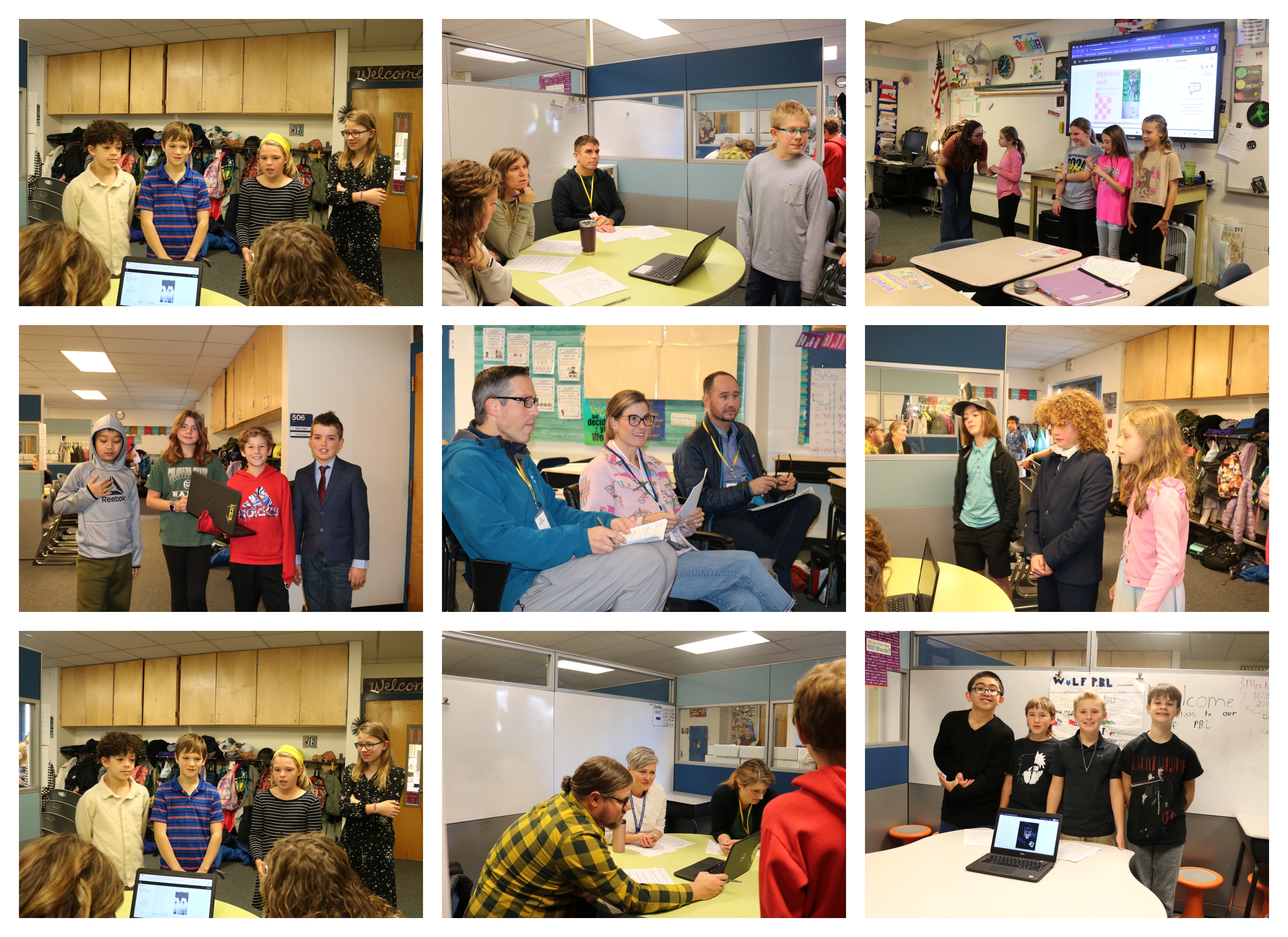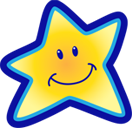Shepardson STEM Elementary follows the Problem-based Learning (PBL) Model for STEM instruction delivery. PBL is a learning process where students are given the chance to solve real-world, authentic problems. Students study and research problems and come up with solutions.
Here's a quick snapshot of the problem titles and statements of the PBLs for the 2024-2025 school year.
Kindergarten - "We Are the Kindergarteners, We Speak for the Trees" (Spring)
In the past two years, Shepardson has needed to cut down four trees from our campus due to old age. Mr. Thornes is concerned about how many trees he has had to cut down. What do we do now that we have less trees?
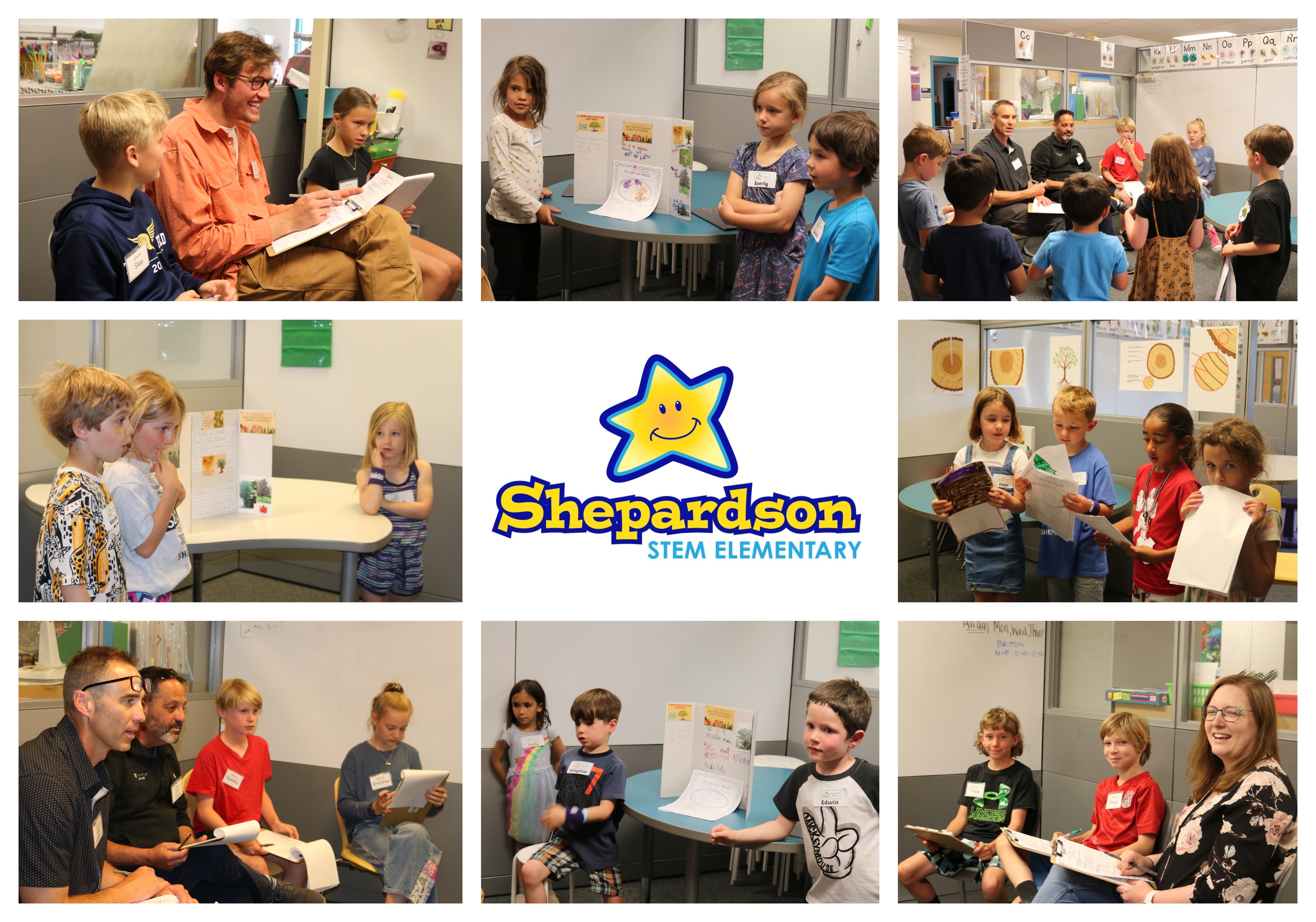
First Grade - "Be a Fine Feathered Friend" (Spring)
As Ornithologists, we can help educate others on native birds, their habitats, and share ideas to be conservationists to support the survival of our fine feathered friends.
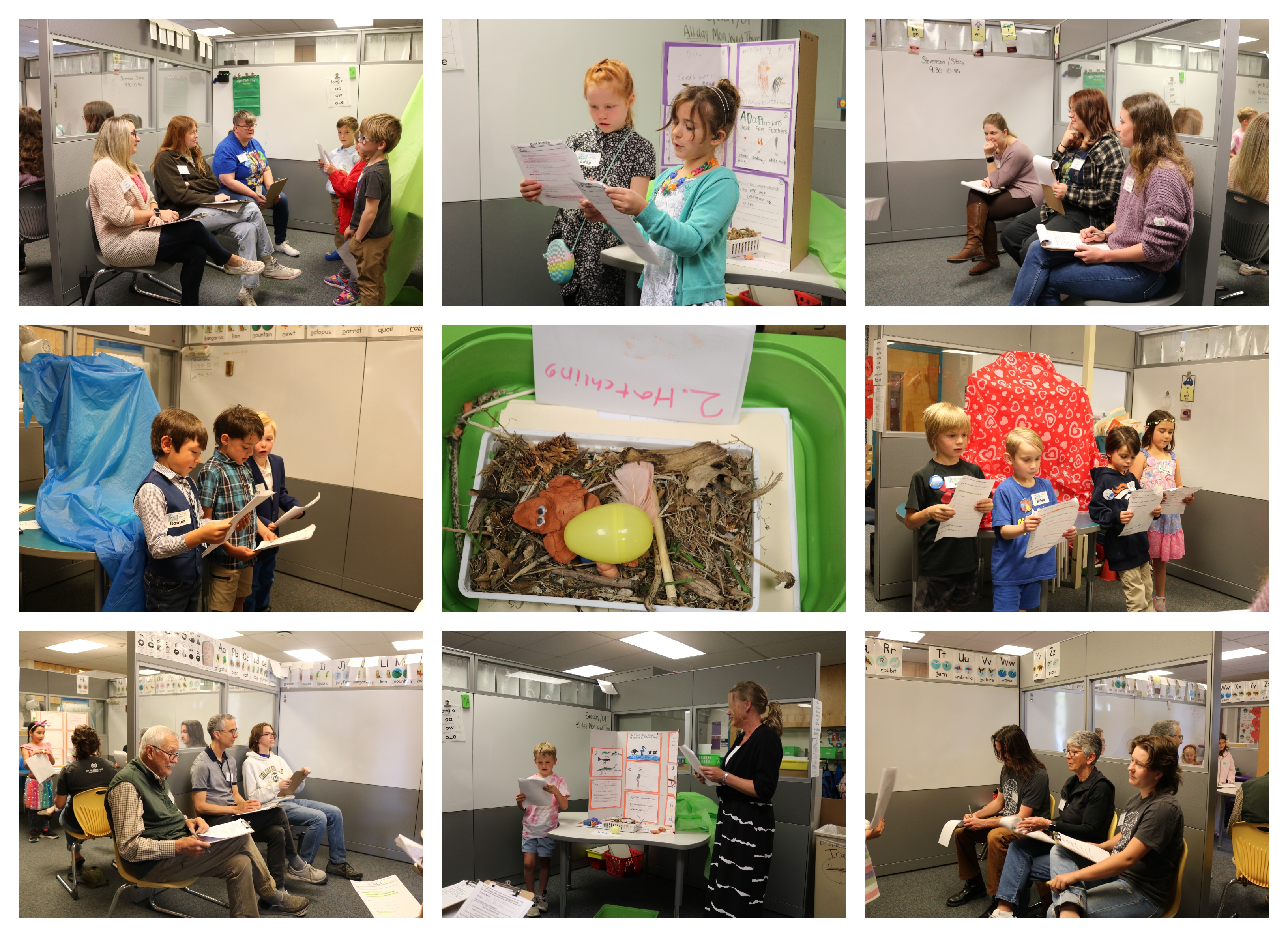
Second Grade - "People in Communities . . . Live, Work, and Play" (Fall)
How do communities ensure that they have the necessary resources, services, and spaces for people to live, work, and play?
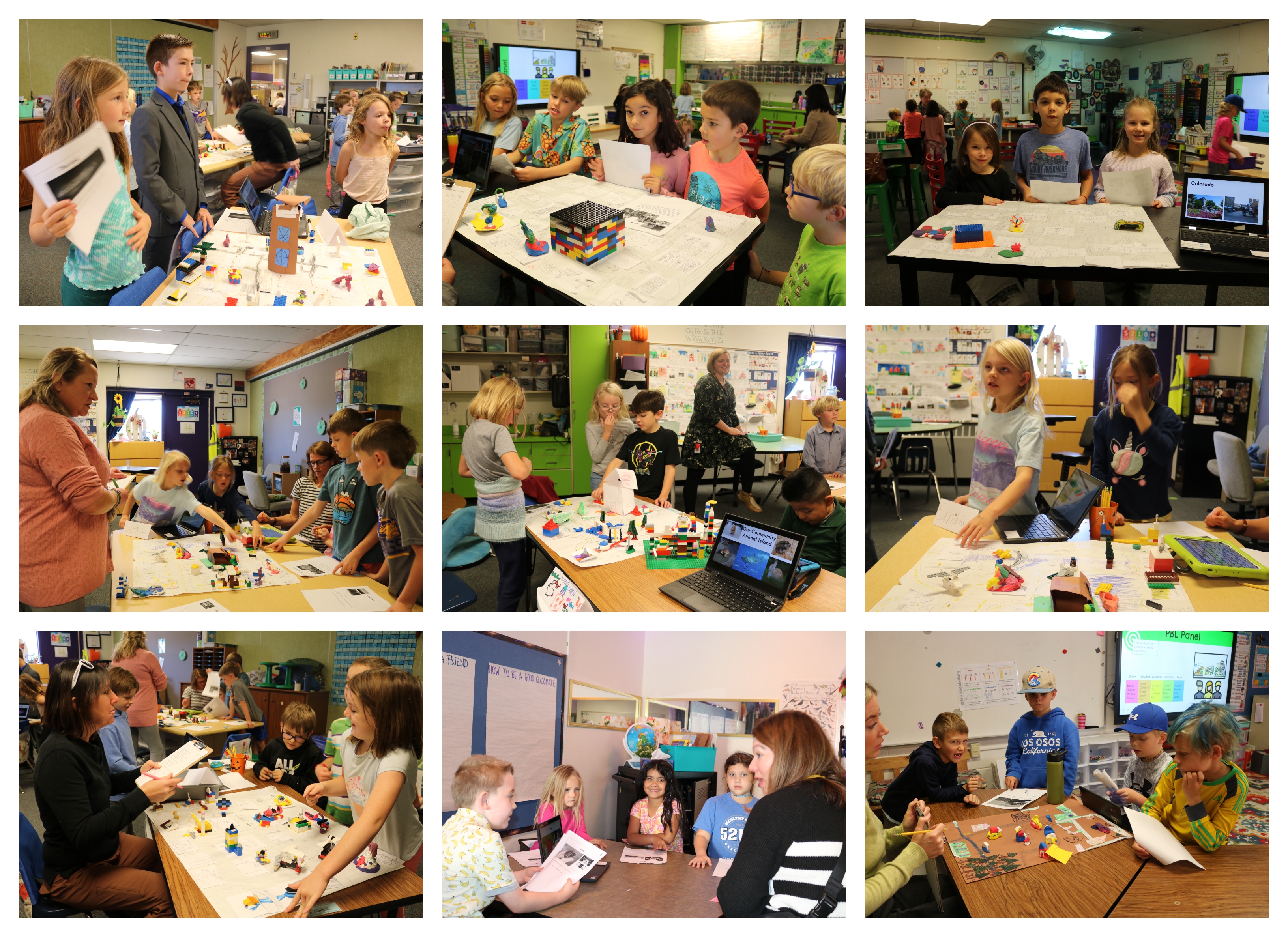
Third Grade - "Goodnight, Garden!" (Fall)
The Shepardson Garden needs to be put to bed for the winter so it will overwinter and be ready for spring planting.
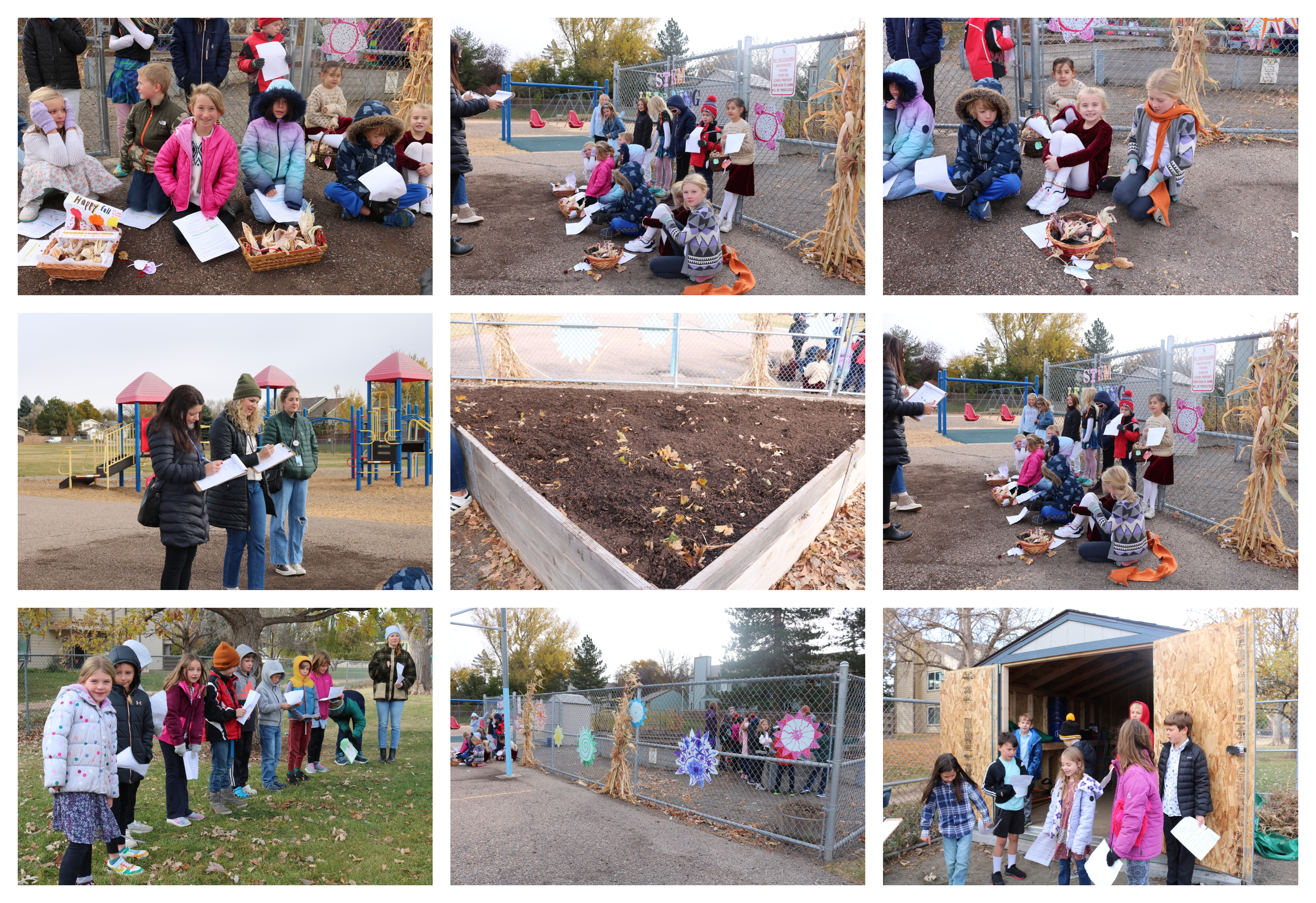
Fourth Grade - "Hit the Road, Save the Past: A Colorado History Adventure" (Spring)
How can 4th graders inspire others to learn about Colorado history by designing a road trip tour that gets people excited about protecting and visiting important historical sites?

Fifth Grade - "Paws-itively Endangered" (Fall)
Gray wolves are listed under the ESA (Endangered Species Act) and in 2023, 10 wolves were reintroduced to Grand and Summit Counties in Colorado. What could be the impact of establishing a thriving gray wolf population on public lands in Colorado?
